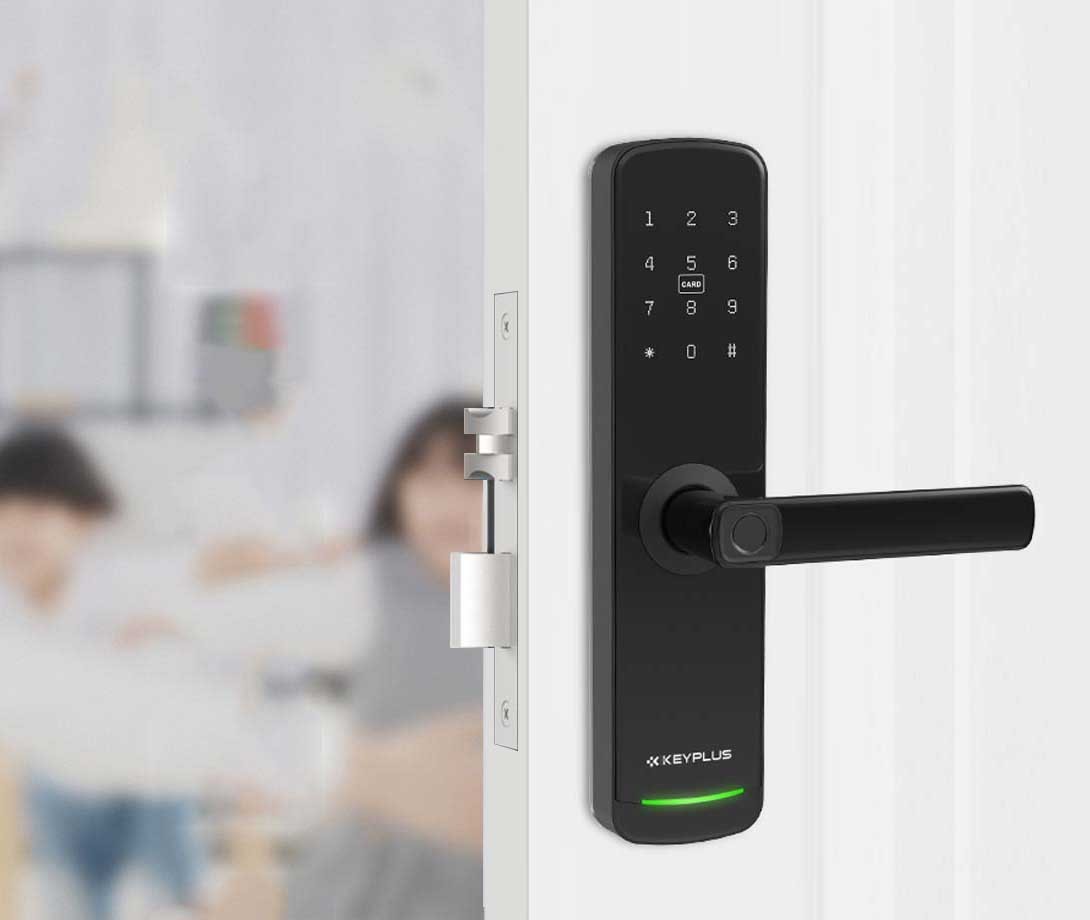Are Hotel Door Locks Battery Powered? A Complete Guide
When staying at a hotel, security is a top priority. One question many travelers have is: Are hotel door locks battery powered?
The answer is: Yes, most modern hotel door locks operate on batteries, but the type of lock and power source can vary. In this article, we’ll explore how battery-powered hotel locks work, their advantages, potential issues, and what happens if the batteries die.
How Do Battery-Powered Hotel Locks Work?
Hotel door locks have evolved from traditional metal keys to electronic keycard systems and smart locks. The majority of these systems rely on batteries for power. Here’s how they function:
1. Types of Battery-Powered Hotel Locks
- RFID Keycard Locks (Most Common)
- Use AA or AAA batteries (typically 4 to 8 batteries).
- Guests receive a keycard with an embedded RFID chip that communicates with the lock.
- Bluetooth & Mobile Key Locks (Growing Trend)
- Found in upscale and tech-savvy hotels.
- Guests unlock doors via a smartphone app (e.g., Marriott Bonvoy, Hilton Honors).
- Usually powered by lithium batteries with longer lifespans.
- Biometric Locks (Less Common)
- Use fingerprint or facial recognition.
- Often found in high-security areas (e.g., executive floors).
- Require rechargeable or long-life batteries.
2. Battery Life & Replacement
- Most hotel locks last 6 months to 2 years on a single set of batteries.
- Housekeeping or maintenance staff regularly check battery levels.
- Low-battery warnings often appear on the lock’s display or at the front desk system.
Why Do Hotels Use Battery-Powered Locks?
1. No Wiring Needed (Easy Installation)
- Battery-powered locks don’t require complex electrical wiring.
- Hotels can retrofit old locks without major renovations.
2. Reliability During Power Outages
- Unlike wired systems, battery-powered locks keep working if the hotel loses electricity.
- Critical for guest safety and security.
3. Remote Management & Key Control
- Staff can remotely deactivate lost keycards.
- Each stay can have a unique access code, improving security.
4. Cost-Effective Maintenance
- Replacing batteries is cheaper than repairing wired systems.
- Fewer mechanical failures compared to traditional locks.
What Happens If the Battery Dies?
A common concern is: ”What if my hotel room lock runs out of power?”
1. Most Locks Have Low-Battery Alerts
- The lock may beep or flash a warning light.
- The hotel’s management system often detects weak batteries before they fail.
2. Backup Keys or Override Methods
- Some locks have a manual key override (used by staff in emergencies).
- High-end hotels may have external power ports (9V battery backup).
3. Staff Assistance
- If a lock fails, front desk staff or security can open the door manually.
- Maintenance teams carry spare batteries for quick replacements.
Battery-Powered vs. Hardwired Hotel Locks
| Feature | Battery-Powered Locks | Hardwired Locks |
|---|---|---|
| Installation | Easy (no wiring) | Complex (requires electrician) |
| Power Source | AA/AAA/Lithium | Hotel’s electrical system |
| Power Outage? | Still works | May fail without backup |
| Maintenance | Battery replacement | Wiring repairs |
| Cost | Lower upfront cost | Higher installation cost |
Most hotels prefer battery-powered locks for flexibility and reliability.
Do Smart Hotel Locks Use Batteries?
Many modern hotels are adopting smart locks with features like:
- Mobile app access (e.g., Hilton’s Digital Key)
- Voice control (in luxury suites)
- Auto-locking after checkout
These locks typically use rechargeable lithium batteries or long-life disposable batteries.
How Hotels Ensure Battery Reliability
Hotels take several steps to prevent lock failures:
- Regular battery checks (part of housekeeping routines).
- Bulk purchasing of high-quality batteries (avoiding cheap brands).
- Staff training on emergency lock overrides.
Future Trends: Will Hotels Move Away from Batteries?
Some innovations could reduce reliance on batteries:
- Energy-harvesting locks (using motion or solar power).
- Wi-Fi-connected locks (powered by the hotel’s network).
However, battery-powered locks will likely remain dominant due to their simplicity and reliability.
Final Thoughts: Are Battery-Powered Hotel Locks Safe?
Yes, they are secure and reliable when properly maintained.
Batteries ensure operation during power outages.
Hotels have backup plans in case of failure.
Next time you check into a hotel, you can feel confident that your door lock will keep you safe—even if it’s running on batteries!
Post time: Jun-03-2025


